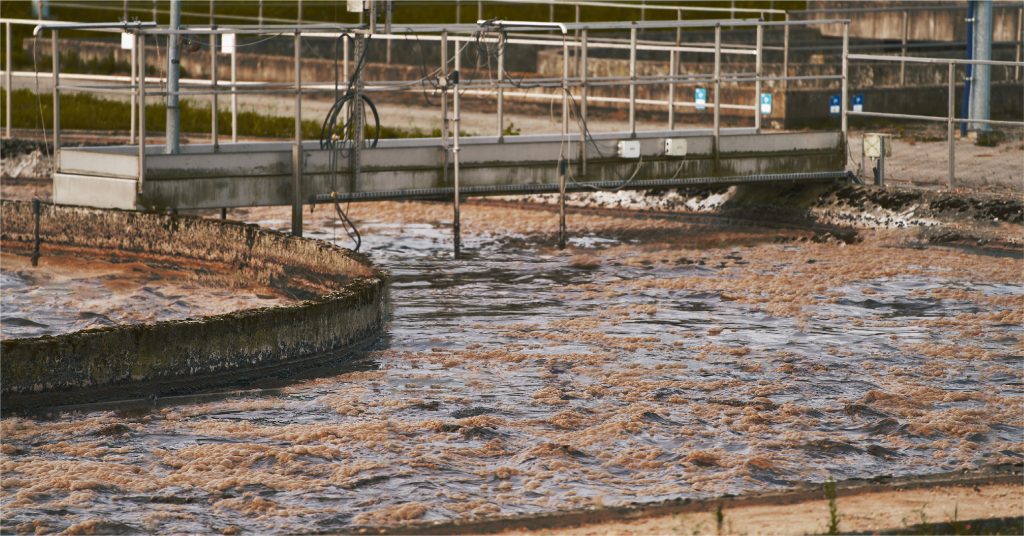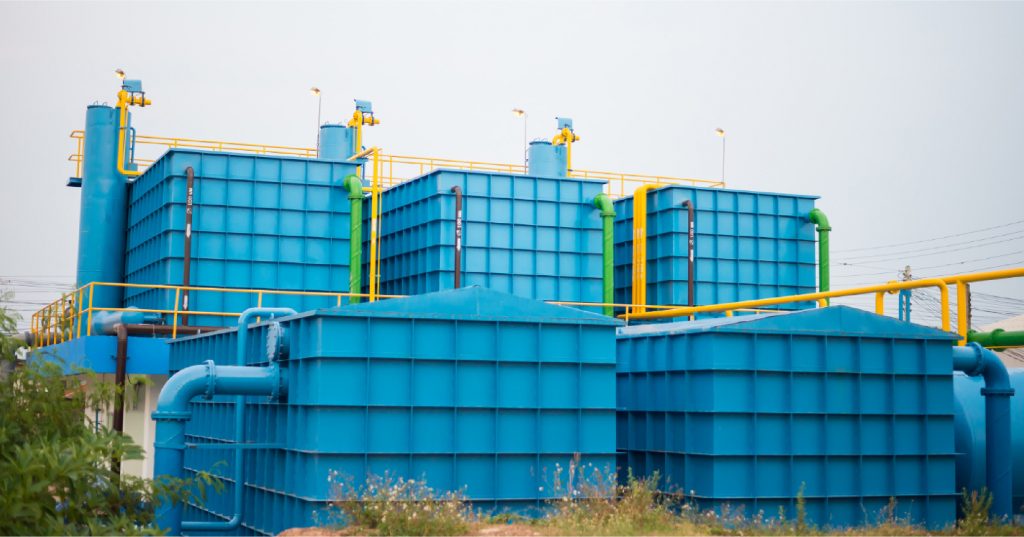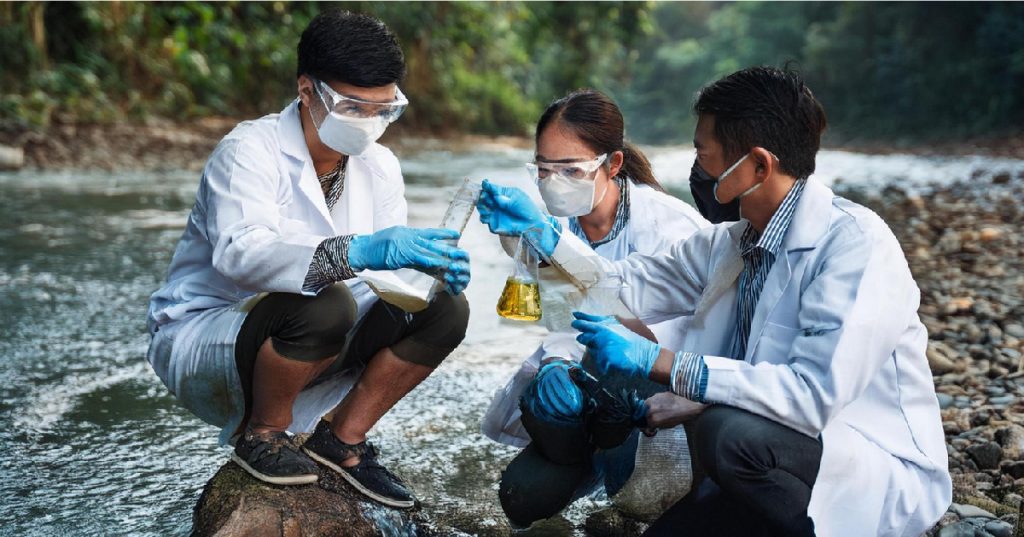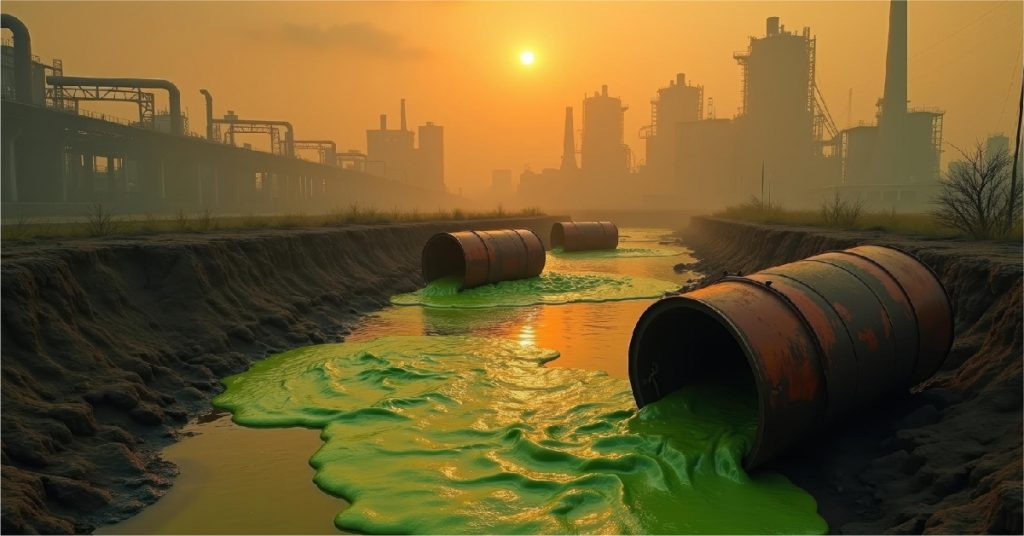As Singapore continues to advance in sustainable development and environmental protection, effective waste management remains a critical priority. One essential process that plays a significant role in this effort is sludge dewatering. Integral to wastewater treatment, sludge dewatering transforms the semi-solid byproducts of treatment processes into manageable and often reusable materials. With advanced technologies like sludge dewatering machines, sludge dewatering bag systems, decanter sludge dewatering, and sludge dewatering belts, Singapore is making strides in reducing environmental impact and optimizing waste disposal.
This blog explores the importance of sludge dewatering, the methods used, and its overall impact on waste management in Singapore.
What is Sludge Dewatering?
Sludge dewatering is a process used in wastewater treatment to remove excess water from sludge, reducing its volume and making it easier to handle, transport, and dispose of. This step is crucial for effective waste management, as it minimizes the space required for sludge storage and reduces the costs associated with disposal.
The efficiency of sludge dewatering is determined by several factors, which are often evaluated using sludge dewatering calculations. These calculations consider variables such as moisture content, solid concentration, and the performance of the dewatering equipment.
Importance of Sludge Dewatering in Singapore
Singapore’s emphasis on sustainable urban development and limited land availability necessitates innovative solutions for waste management. Wastewater treatment sludge dewatering addresses this challenge by:
- Reducing sludge volume, which lowers transportation and disposal costs.
- Producing drier sludge that is easier to handle and store.
- Enabling resource recovery, as treated sludge can be repurposed as fertilizer or used in energy production.
- Supporting compliance with strict environmental regulations, ensuring safe and eco-friendly waste disposal.
Methods and Technologies Used in Sludge Dewatering
Sludge dewatering in Singapore employs various advanced methods and technologies to achieve optimal results. Below are some commonly used systems:
Sludge Dewatering Machine
Sludge dewatering machines are versatile solutions that include equipment like centrifuges, screw presses, and belt filter presses. These machines efficiently separate water from sludge, reducing its volume and improving handling. Their continuous operation makes them ideal for municipal and industrial wastewater treatment plants.
Sludge Dewatering Bag System
The sludge dewatering bag system is an eco-friendly and cost-effective method, particularly for smaller facilities. Sludge is pumped into large, porous bags that filter out water while retaining solids. Over time, the solids consolidate within the bag, allowing for easy disposal or transportation. This system is low-maintenance and ideal for remote or smaller-scale applications.
Decanter Sludge Dewatering
Decanter sludge dewatering uses high-speed centrifugation to separate solids from liquids. This method is highly efficient for large-scale applications, such as industrial or municipal wastewater treatment plants. Decanter sludge dewatering produces drier sludge, significantly reducing its weight and volume for disposal or reuse.
Sludge Dewatering Belt
The sludge dewatering belt employs mechanical pressure through a series of rollers to squeeze out water from the sludge. This method is widely used in municipal wastewater treatment facilities due to its ability to handle large volumes of sludge. It is a reliable and continuous system that delivers consistent results.
Applications of Sludge Dewatering in Singapore
Sludge dewatering is used across various sectors in Singapore, including:
- Municipal wastewater treatment plants, where large volumes of sludge require efficient processing.
- Industrial facilities, including food processing, chemical manufacturing, and power generation, produce significant amounts of sludge.
- Environmental initiatives, such as water recycling and waste-to-energy programs, where treated sludge can be converted into resources.
Ion Exchange’s Role in Wastewater Treatment of Sludge Dewatering in Singapore
Ion Exchange, a leader in water treatment technologies, plays a crucial role in wastewater treatment sludge dewatering in Singapore. They utilize advanced technologies with resource recovery to promote sustainable solid waste management. Their Integrated Waste Management System efficiently treats chemical, biological, and oily sludge generated during various waste treatment processes.
Additionally, Ion Exchange offers customized and pre-designed waste-to-energy plants, leveraging cutting-edge technology to convert municipal solid waste and sludge into clean water, energy (heat and power), and organic fertilizers. By doing so, they adhere to the principles of the circular economy, ensuring that waste is repurposed into valuable resources, contributing to a more sustainable future. Our range of products includes:
Conclusion
Sludge dewatering is an essential component of effective waste management in Singapore. By reducing sludge volume, enabling resource recovery, and supporting regulatory compliance, sludge dewatering enhances the efficiency and sustainability of wastewater treatment. Advanced technologies like sludge dewatering machines, sludge dewatering bag systems, decanter sludge dewatering, and sludge dewatering belts are playing a pivotal role in addressing Singapore’s waste management challenges.





